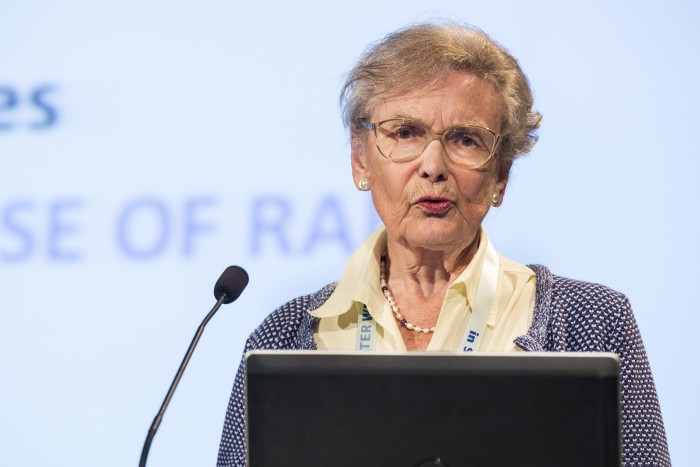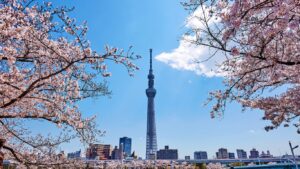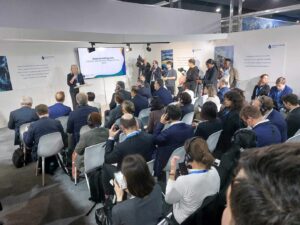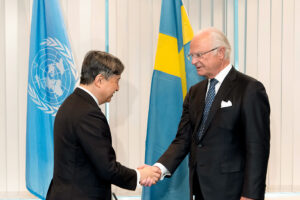Achieving SDG in Africa: scaling green-blue revolution
The take away message from this year’s annual Falkenmark symposium at World Water Week, Achieving SDG in Africa: scaling green-blue revolution, is that Modernisation of the African Agriculture by going to scale with Green Water Management will be the key to reach the SDGs.
Prof. Johan Rockström, Executive Director of Stockholm Resilience Centre, concluded that an African Water Revolution would need to take the resemblance of the Solar Power Revolution sweeping across the continent. Agriculture investment in green water management needs to be seen as a transformation of agriculture and part of modernisation, rather than low-tech and small-scale, to be successful in the eyes of politicians and financiers. Scale for implementation is also needed in order to reach the SDG2 by 2030 already looming at the horizon, which means a shift in thinking on many levels.
The hindrance for success lies not just in the immense demographic challenges, such as rapid urbanisation, an aging workforce and lack of employment opportunities in the agricultural sector. It also lies in the way we, water people, frame our message. Panellist Mr. Howard Bamsey, Executive Director Green Climate Fund, was certain that if we frame our message differently, in the lines of climate adaptation challenges, it would encourage change and unlock investments. The catalytic investments needed from private and public sector alike will be targeted towards climate adaptation, according to the National Adaptation Programmes of Action (NAPA) prepared under the UNFCCC.
Those programmes will largely be supported by institutions such as the World Bank. The Director of Water Global Practice at the World Bank, Ms. Jennifer Sara, confirmed that the thinking is rather new to the Bank and will have to be translated into policies and support programmes before going to scale. These policies and programmes are currently more directed towards irrigation schemes and learning. Important voices were also raised from the floor, for instance bringing up the role of IFAD and FAO in supporting these modernisation efforts while still harnessing interests of small-scale and subsistence farmers. Other natural resource management efforts such as forest management and soil health and its importance for water was illuminated, as well as recognition for the role of women and youth.
Moving ahead, African ownership is key; the African scientists, politicians, and funding agencies will have to work together. As AMCOW’s Executive Secretary Dr. Canisius Kanangire stressed, countries’ peer-to-peer learning and policy development will be of highest importance for the implementation of the Water Revolution and fulfilment of SDG2.
Listening in on the panel discussion, expertly facilitated by Mr. Johan Kuyenstierna, Executive Director of Stockholm Environment Institute, with excellent presentations by green water experts such as Prof. Falkenmark (SIWI and SRC) and Dr. Jennie Barron (IWMI), I am struck by how quickly the Call for an African Water Revolution is surging endorsement. It is like a void is being filled, and action is in the starting blocks. Maybe it is my folly, and I am naively optimistic, but I do think that by the next World Water Week we will be able to present steps that have been taken on a path towards an African Water Revolution – together.








